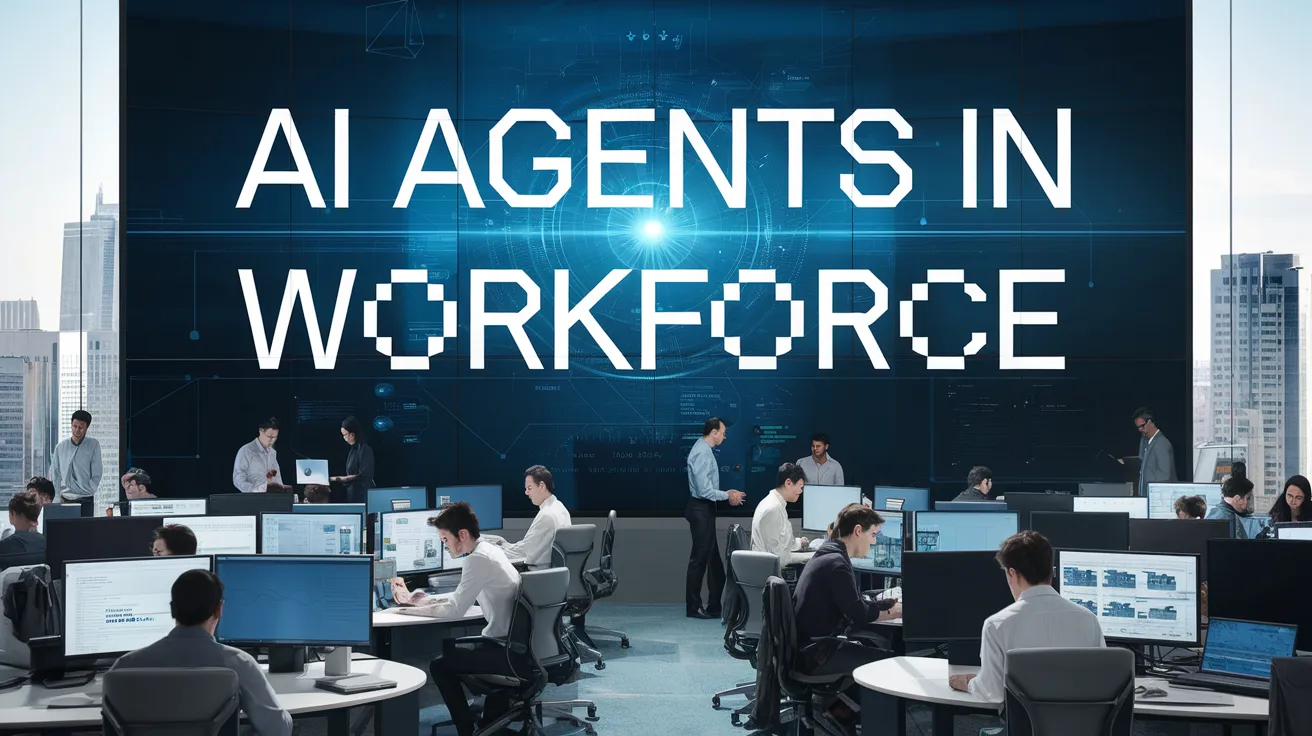AI Agents Expected to Join Workforce

According to OpenAI’s CEO Sam Altman, the emergence of virtual employees, referred to as AI agents, could happen as early as this year, significantly altering the operations and productivity of companies. In his blog post published Monday, Altman expressed optimism that the first AI agents may begin working for organizations in 2025, reflecting a strong push from AI firms to demonstrate tangible returns on their substantial technological investments.
Microsoft, OpenAI’s primary investor, already announced the introduction of AI agents capable of autonomously executing tasks, with leading consulting firm McKinsey being an early adopter of such technology. As Altman noted, “We believe that, in 2025, we may see the first AI agents ‘join the workforce’ and materially change the output of companies.”
OpenAI is preparing to launch its AI agent codenamed “Operator” within this month. The introduction comes shortly after Microsoft unveiled its Copilot Studio and rival Anthropic released the Claude 3.5 Sonnet AI model, which can perform various tasks such as moving a mouse cursor and typing text. For example, McKinsey is developing an agent designed to handle new client inquiries, including activities like scheduling follow-up meetings. The consulting firm projects that by 2030, as much as 30% of hours worked across the US economy could be automated.
Bloomberg has reported that Operator will be capable of taking actions on behalf of users, including tasks like writing code and booking travel. Additionally, Microsoft’s head of AI, Mustafa Suleyman, has indicated that the company is moving towards creating agents that can independently make purchasing decisions, albeit experiences of both success and setbacks have been encountered during development. Suleyman emphasized that agents capable of performing such functions would emerge “in quarters, not years.”
In his blog, Altman also expanded on OpenAI’s ambitions regarding artificial general intelligence (AGI), stating that the company is confident it understands how to construct AGI. He described the organization’s current focus as advancing towards “superintelligence,” asserting, “With superintelligence, we can do anything else,” and emphasized that these tools could greatly enhance scientific discovery and innovation.
Additionally, Altman commented on the ongoing feud with Elon Musk, predicting that Musk will continue to pursue legal action against OpenAI in various forms throughout the year but does not believe Musk will leverage political power to undermine the company. Despite their contentious background—having co-founded OpenAI in 2015 before Musk’s departure amid internal disputes—Altman does not foresee Musk abusing influence from his new AI venture xAI to hinder OpenAI’s progress.